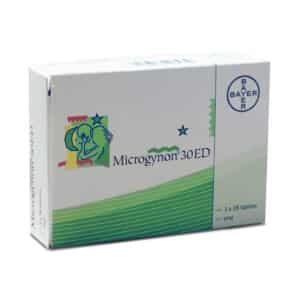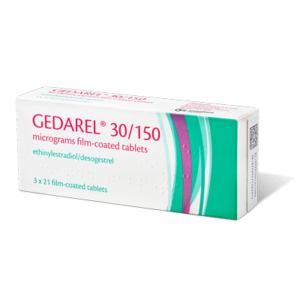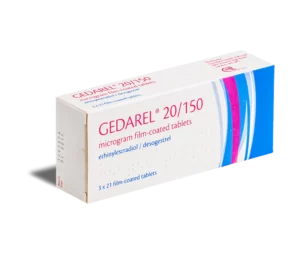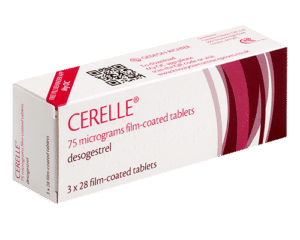The pill should be taken daily with no pill-free intervals and simultaneously each day to ensure maximal efficacy. If the pill is taken more than 3 hours late (or 12 hours late for a desogestrel pill) you should follow the missed pill guidance. You can start the progesterone-only pill at any time in your menstrual cycle.
What time of day should I take the progesterone-only pill?
Take the progesterone-only pill at the time of day that best suits you to help with compliance. You can start the progesterone-only pill at any time in your menstrual cycle. The mini pill will be effective immediately if you start the pill on the first five days of your period. If you have a short menstrual cycle you will need to take the pill for 2 days before the tablet starts working. Taking additional contraception in the first two days, such as condoms. If you start any other day, you will need additional contraception (condoms) until you’ve taken the pill for 2 days.
Starting the mini pill after having a baby?
You can start the progesterone-only pill on day 21 after giving birth. If you start after 21 days, then you will need additional contraception (condoms) until you have been taking the mini pill for two days.




















